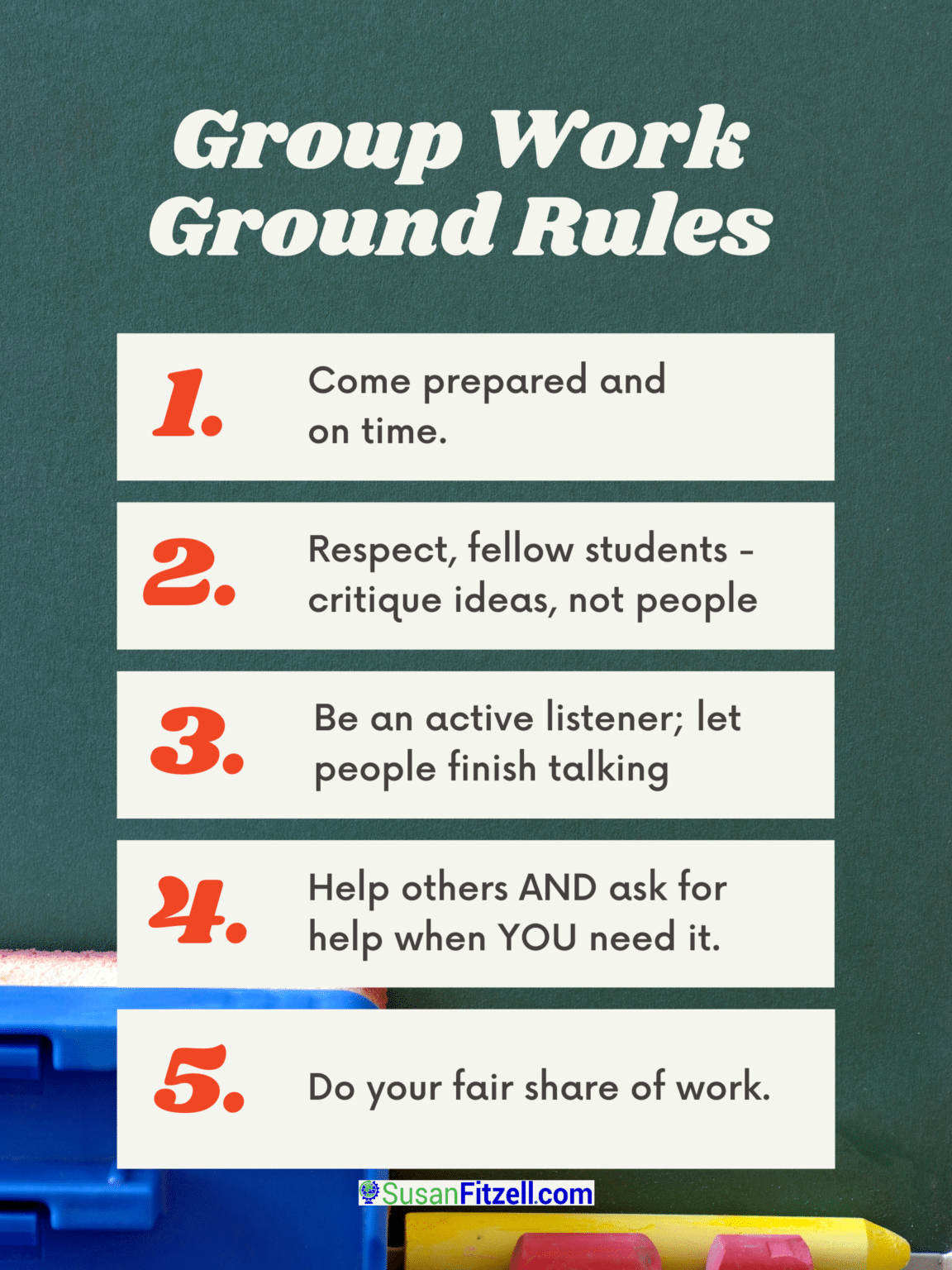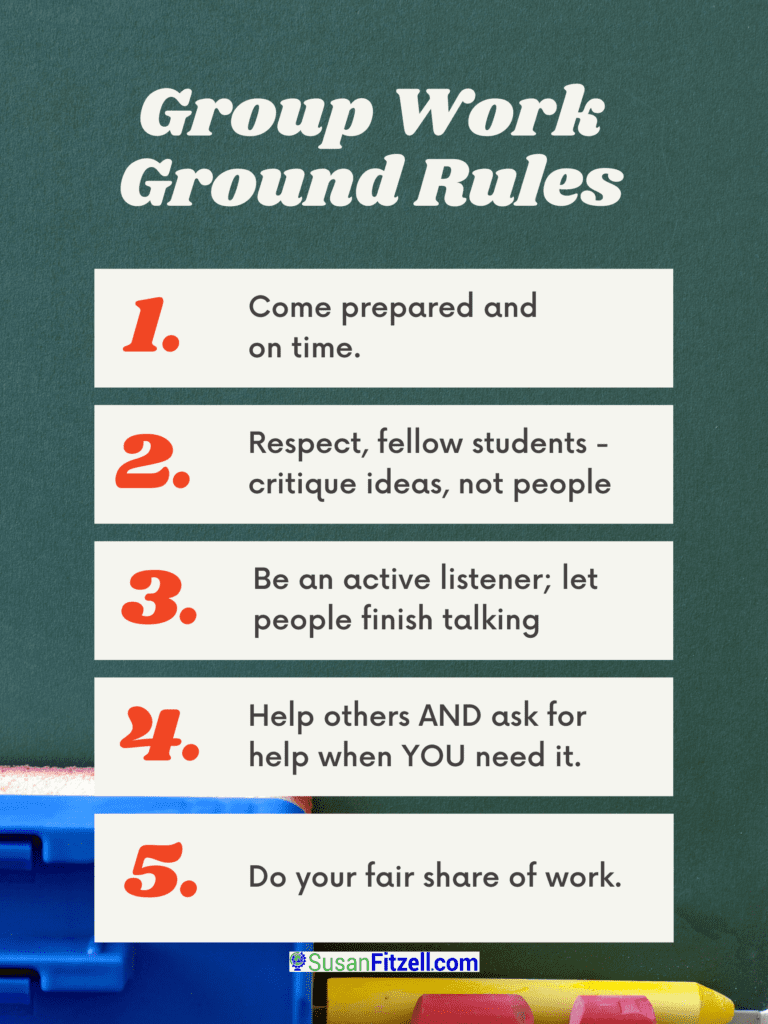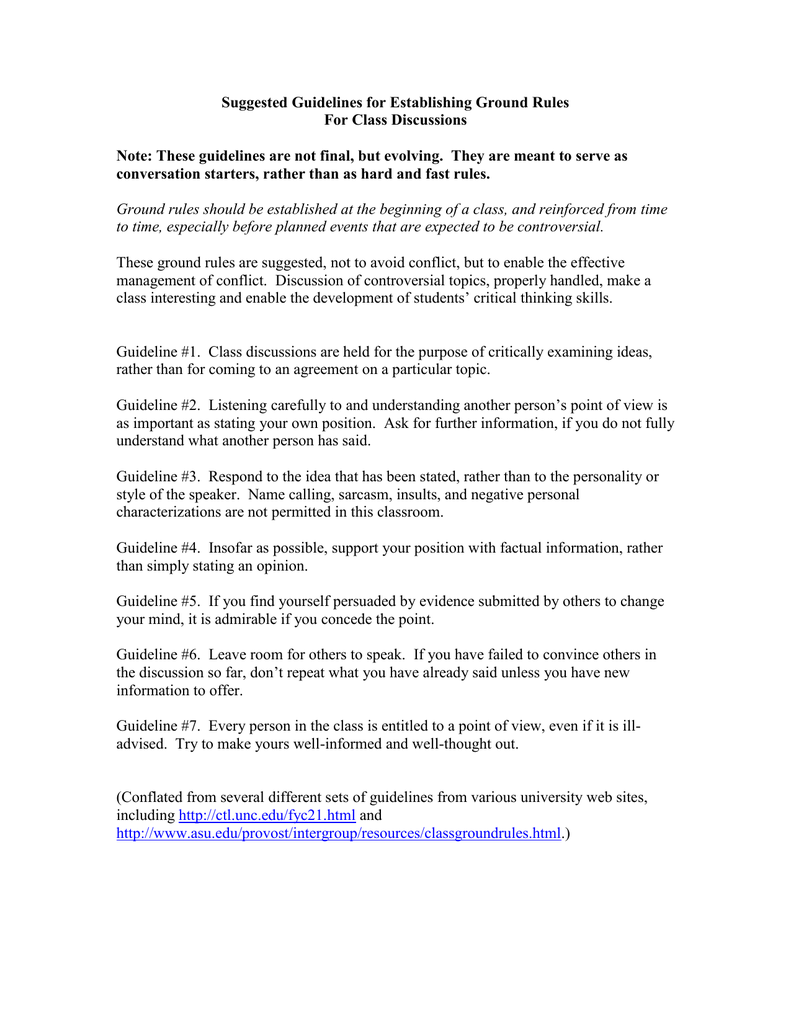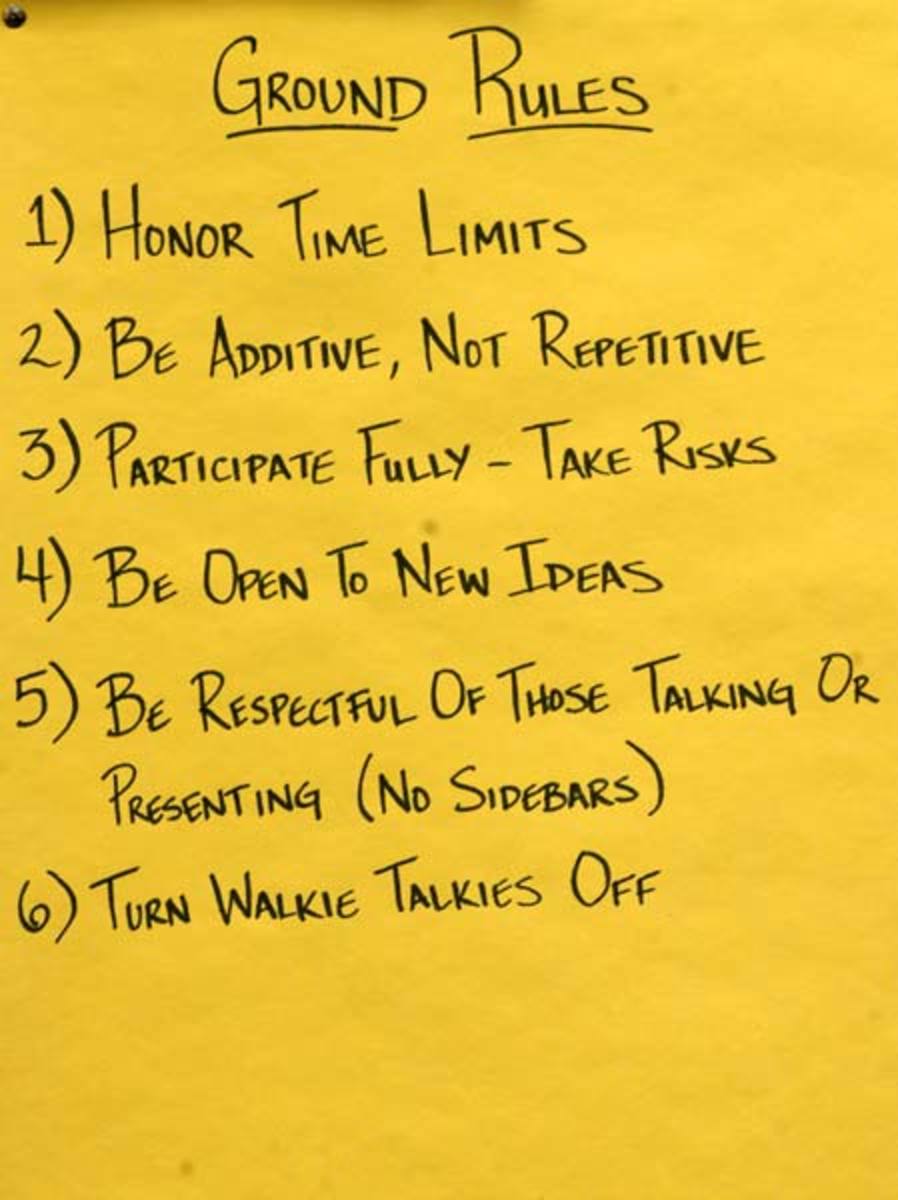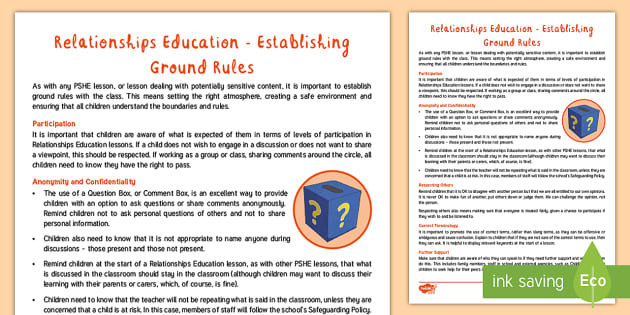Living room conversations are a great way to connect with friends, family, and even strangers over meaningful discussions. However, as with any conversation, there is a potential for things to get heated or misunderstandings to occur. That's why it's important to establish ground rules for your living room conversations to ensure respectful and productive dialogue. Here are 10 ground rules to keep in mind for successful living room conversations.Ground Rules for Living Room Conversations
The key to a successful living room conversation is to approach it with respect and an open mind. This means actively listening to others and being open to different perspectives. To ensure respectful dialogue, here are some ground rules to follow: 1. Listen without interrupting. It's important to give others a chance to speak and share their thoughts without interruption. This shows respect for their opinions and allows for a more productive conversation. 2. Speak from your own experience. Instead of making broad statements or assumptions, speak from your own personal experiences and feelings. This allows for a more authentic and genuine conversation. 3. Avoid personal attacks. In the heat of a conversation, it can be easy to resort to personal attacks. However, this only escalates the situation and hinders productive dialogue. Stick to discussing ideas and opinions rather than attacking individuals. 4. Use "I" statements. When expressing your thoughts and feelings, use "I" statements to take ownership of your own perspective. This can help avoid blame or defensiveness from others. 5. Be mindful of body language. Nonverbal cues can say a lot during a conversation. Be aware of your body language and try to maintain an open and non-threatening posture. This can help create a more comfortable and respectful atmosphere.Living Room Conversations: Ground Rules for Respectful Dialogue
Now that we've covered some general ground rules for respectful dialogue, let's dive into more specific guidelines for successful living room conversations. 6. Stick to the topic. It's easy for conversations to stray off-topic, especially if there are multiple people involved. However, it's important to try and stay focused on the main topic to avoid confusion and keep the conversation on track. 7. Be open to learning and changing your mind. Living room conversations are a great opportunity to learn from others and expand your perspectives. Be open to new ideas and be willing to change your mind if presented with new information. 8. Avoid distractions. In today's digital age, it can be tempting to check your phone or scroll through social media during a conversation. However, this can be seen as disrespectful and can hinder the flow of the conversation. Try to minimize distractions and give your full attention to the conversation. 9. Take turns speaking. In group conversations, it's important to give everyone a chance to speak and be heard. Make sure to take turns speaking and avoid dominating the conversation. 10. End on a positive note. Before wrapping up the conversation, take a moment to reflect on what was discussed and find something positive to end on. This can help leave everyone feeling more connected and satisfied with the conversation.10 Ground Rules for Successful Living Room Conversations
Establishing ground rules for living room conversations may seem like a daunting task, but it can actually be a fun and collaborative process. Here are some tips for creating effective ground rules for your next living room conversation: 1. Involve everyone in setting the rules. It's important for everyone to feel like they have a say in the ground rules. This helps create a sense of ownership and accountability for following them. 2. Keep the rules simple and clear. The more complicated the rules, the harder they will be to remember and follow. Keep the ground rules simple and to the point. 3. Write them down and display them. Once you've established the ground rules, write them down and display them in the room where you'll be having your conversation. This serves as a visual reminder for everyone to follow them. 4. Revisit and revise as needed. As your living room conversations evolve, it's important to revisit and revise the ground rules as needed. This allows for growth and improvement in your conversations.Creating Ground Rules for Living Room Conversations
Now that you have an understanding of how to create ground rules for living room conversations, let's dive into some specific guidelines that have been proven to be effective in promoting productive dialogue. 1. Start with a check-in. Before diving into the main topic, start your conversation with a check-in round where everyone can share how they're feeling and what they hope to get out of the conversation. 2. Use a talking stick. In group conversations, a talking stick can be a helpful tool to ensure everyone gets a chance to speak. Whoever is holding the stick has the floor and everyone else listens. 3. Take breaks if needed. If the conversation becomes too heated or emotions start to run high, it's okay to take a break and come back to the conversation later. This allows for everyone to cool off and gather their thoughts. 4. Don't be afraid of silence. Silence can be uncomfortable, but it's important to allow for pauses in the conversation. This gives everyone a chance to process and collect their thoughts.Effective Ground Rules for Living Room Conversations
When it comes to living room conversations, there is no one-size-fits-all approach. Every group and every conversation will have its own unique dynamic. That's why it's important to establish guidelines and ground rules that work for your particular group and topic. 1. Be open to vulnerability. Living room conversations can touch on sensitive topics and it's important to create a safe space where people feel comfortable being vulnerable and sharing their thoughts and feelings. 2. Avoid interrupting or finishing others' sentences. This can come off as dismissive and can hinder the flow of the conversation. Instead, actively listen and wait for your turn to speak. 3. Respect confidentiality. If someone shares personal information during the conversation, make sure to respect their privacy and avoid sharing that information outside of the conversation. 4. Have a facilitator. In larger group conversations, it can be helpful to have a designated facilitator to keep the conversation on track and ensure everyone follows the ground rules.Living Room Conversations: Guidelines and Ground Rules
The ultimate goal of living room conversations is to have productive and meaningful discussions. Here are some additional ground rules to keep in mind to help achieve this goal: 1. Acknowledge and validate others' perspectives. Even if you don't agree with someone's viewpoint, it's important to acknowledge and validate their perspective. This shows respect and can lead to a more productive conversation. 2. Avoid making assumptions. Instead of assuming you know someone's intentions or beliefs, ask for clarification and seek to understand where they're coming from. 3. Be aware of your biases. We all have biases that can affect our perceptions and reactions. Be mindful of your biases and try to approach the conversation with an open mind. 4. End with a check-out. Just as you started with a check-in, end your conversation with a check-out where everyone can reflect on what was discussed and share any final thoughts or feelings.Ground Rules for Productive Living Room Conversations
Meaningful living room conversations can bring people together, foster understanding, and create positive change. Keep these ground rules in mind to help make your conversations more meaningful: 1. Practice active listening. This means truly listening to what others are saying without judgment or distractions. It also means asking questions and seeking clarification when needed. 2. Be respectful of time. Make sure to allocate enough time for the conversation and respect everyone's time by starting and ending on schedule. 3. Avoid dominating the conversation. It's important to give everyone an equal chance to participate in the conversation. Avoid dominating the conversation and make sure to actively listen to others. 4. Be open to growth and change. Living room conversations can challenge our beliefs and perspectives. Be open to growth and change as a result of these discussions.Setting Ground Rules for Meaningful Living Room Conversations
Lastly, let's explore some ground rules specifically focused on creating constructive and positive living room conversations. 1. Assume positive intent. Give others the benefit of the doubt and assume they have positive intentions. This can help avoid misunderstandings and conflicts. 2. Avoid using labels or stereotypes. Labels and stereotypes can be harmful and can hinder productive conversation. Avoid using them and focus on discussing ideas and perspectives instead. 3. Use "I" statements for feedback. If you have feedback or criticism for someone, use "I" statements to express it rather than pointing fingers or making accusations. 4. End with gratitude. Before wrapping up the conversation, take a moment to express gratitude for everyone's participation and for the opportunity to have a meaningful conversation. In conclusion, establishing ground rules for living room conversations can help create a safe and respectful space for meaningful dialogue. Use these 10 ground rules as a starting point and feel free to adapt them to fit the needs of your group and conversations. Remember to be open-minded, respectful, and willing to learn from others. Happy conversing!Establishing Ground Rules for Constructive Living Room Conversations
Additional Ground Rules for Living Room Conversations
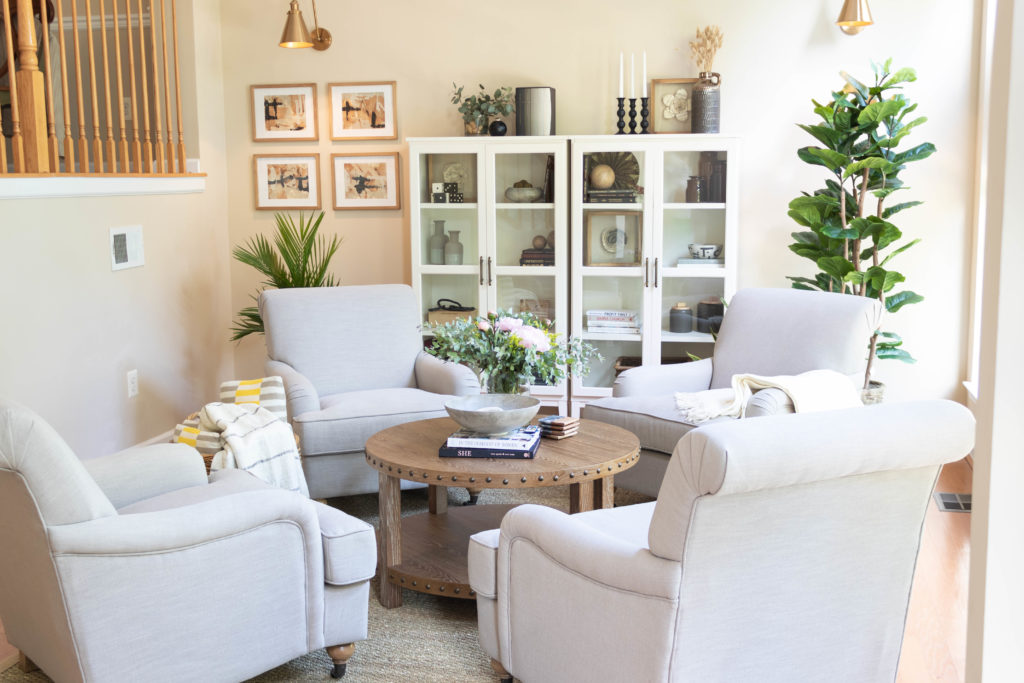
Creating a Safe and Respectful Space
 When engaging in living room conversations, it is important to establish a safe and respectful space for all participants. This means setting ground rules that promote open and honest communication, while also ensuring that everyone feels comfortable sharing their thoughts and opinions. To achieve this, all participants must
respect
each other's viewpoints and avoid
judgmental
or
disrespectful
language. It is also important to create a
non-confrontational
atmosphere, where everyone is encouraged to listen and learn from each other.
When engaging in living room conversations, it is important to establish a safe and respectful space for all participants. This means setting ground rules that promote open and honest communication, while also ensuring that everyone feels comfortable sharing their thoughts and opinions. To achieve this, all participants must
respect
each other's viewpoints and avoid
judgmental
or
disrespectful
language. It is also important to create a
non-confrontational
atmosphere, where everyone is encouraged to listen and learn from each other.
Active Listening
 One of the key principles of living room conversations is
active listening
. This means paying full attention to what others are saying, without interrupting or forming a response in your mind. It also involves using
reflective listening
, where you summarize what you've heard to ensure understanding. This not only shows respect for the speaker, but also helps to avoid misunderstandings and promotes a deeper level of understanding and connection.
One of the key principles of living room conversations is
active listening
. This means paying full attention to what others are saying, without interrupting or forming a response in your mind. It also involves using
reflective listening
, where you summarize what you've heard to ensure understanding. This not only shows respect for the speaker, but also helps to avoid misunderstandings and promotes a deeper level of understanding and connection.
Stay Curious and Open-Minded
 It's easy to fall into the trap of making assumptions or jumping to conclusions during conversations. However, in order to have productive and meaningful living room conversations, it is important to
stay curious
and
open-minded
. This means resisting the urge to immediately dismiss someone's viewpoint and instead asking questions to better understand their perspective. It also means being willing to
challenge
your own beliefs and consider new ideas.
It's easy to fall into the trap of making assumptions or jumping to conclusions during conversations. However, in order to have productive and meaningful living room conversations, it is important to
stay curious
and
open-minded
. This means resisting the urge to immediately dismiss someone's viewpoint and instead asking questions to better understand their perspective. It also means being willing to
challenge
your own beliefs and consider new ideas.
Confidentiality
 In order to promote a safe and trusting environment, it is important to establish
confidentiality
as a ground rule for living room conversations. This means that anything said during the conversation should be kept within the group and not shared with others outside of the group. This allows for participants to feel comfortable sharing their thoughts and personal experiences without fear of judgment or repercussion.
In order to promote a safe and trusting environment, it is important to establish
confidentiality
as a ground rule for living room conversations. This means that anything said during the conversation should be kept within the group and not shared with others outside of the group. This allows for participants to feel comfortable sharing their thoughts and personal experiences without fear of judgment or repercussion.
Respect Time and Space
 Lastly, it is important to respect the
time
and
space
of the living room conversation. This means arriving on time, avoiding distractions such as phones or side conversations, and being mindful of how much time each person is given to speak. It also means respecting the physical space and keeping it clean and tidy. By respecting time and space, everyone can fully engage in the conversation and make the most out of the experience.
With these additional ground rules in place, living room conversations can be a productive and enriching experience for all participants. By promoting respect, active listening, open-mindedness, confidentiality, and time and space, these conversations can foster deeper connections and understanding among individuals. So next time you gather for a living room conversation, keep these ground rules in mind to create a positive and meaningful experience for everyone involved.
Lastly, it is important to respect the
time
and
space
of the living room conversation. This means arriving on time, avoiding distractions such as phones or side conversations, and being mindful of how much time each person is given to speak. It also means respecting the physical space and keeping it clean and tidy. By respecting time and space, everyone can fully engage in the conversation and make the most out of the experience.
With these additional ground rules in place, living room conversations can be a productive and enriching experience for all participants. By promoting respect, active listening, open-mindedness, confidentiality, and time and space, these conversations can foster deeper connections and understanding among individuals. So next time you gather for a living room conversation, keep these ground rules in mind to create a positive and meaningful experience for everyone involved.












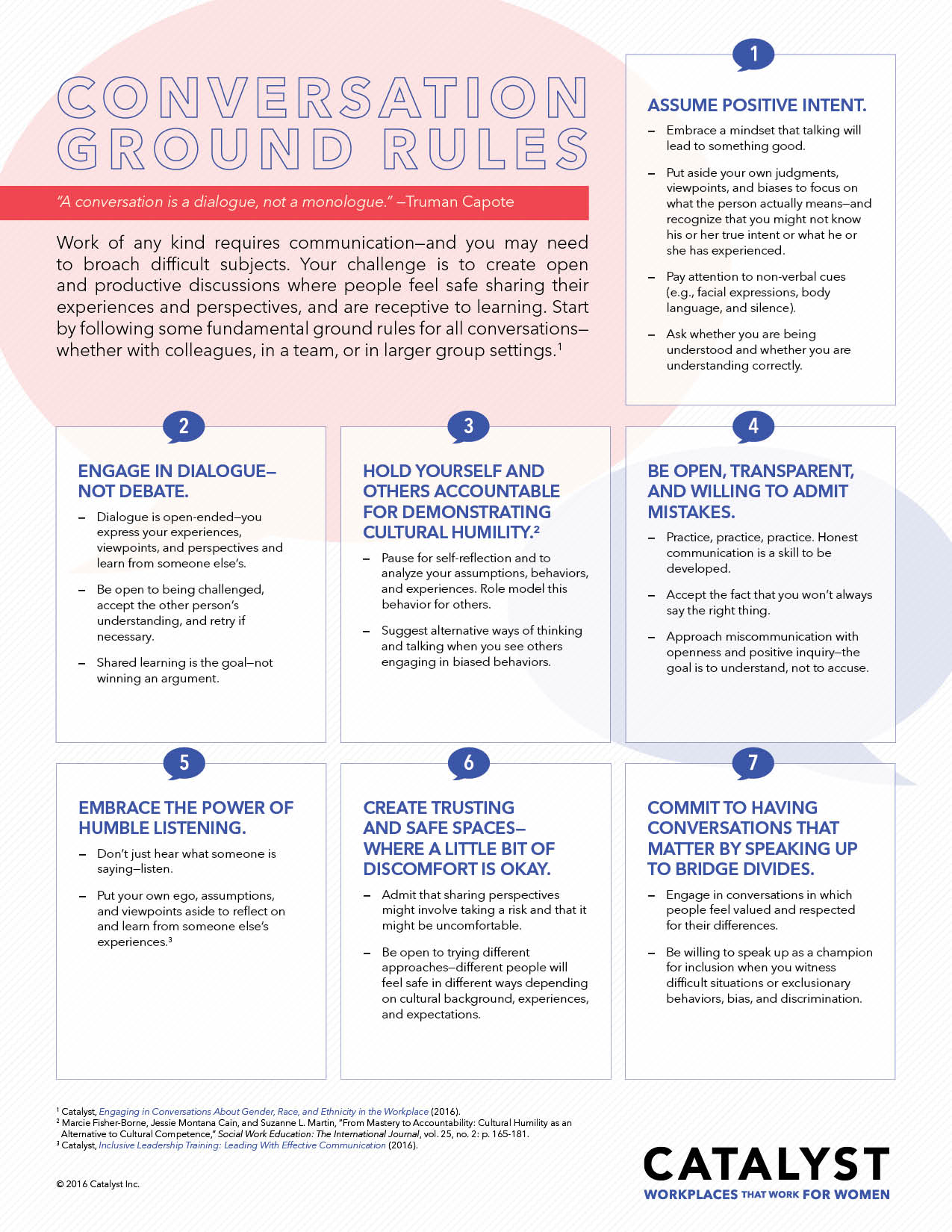















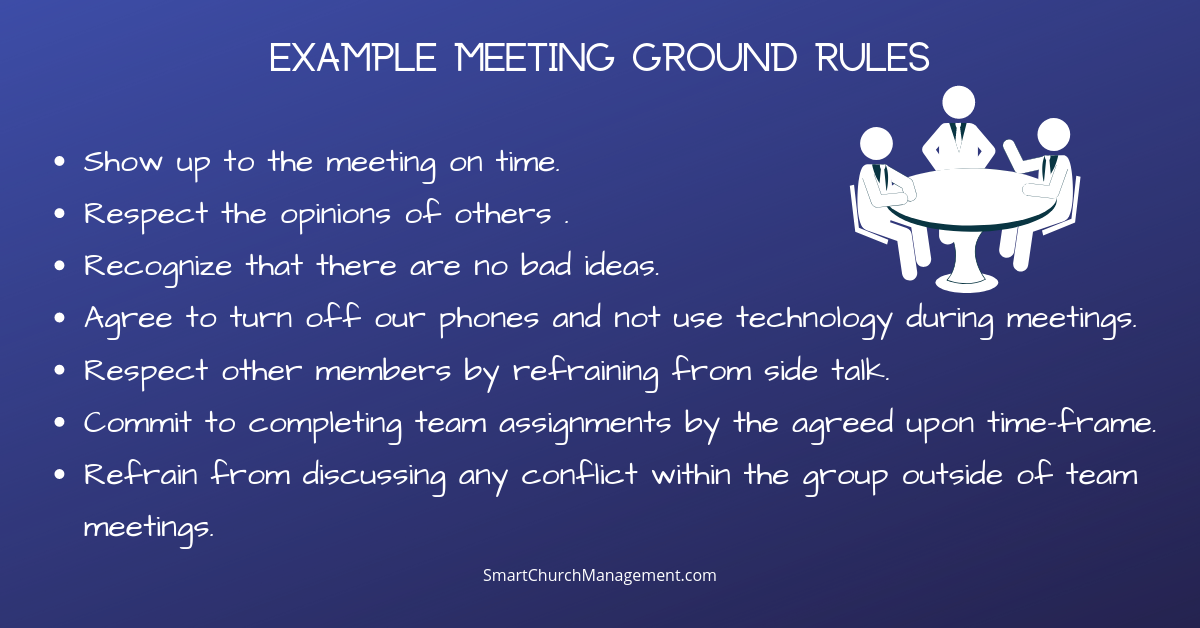











.png)







